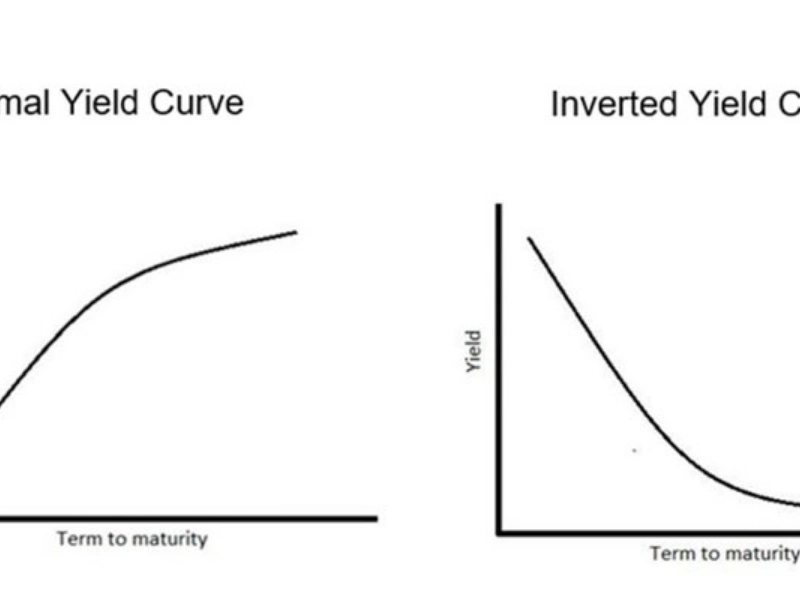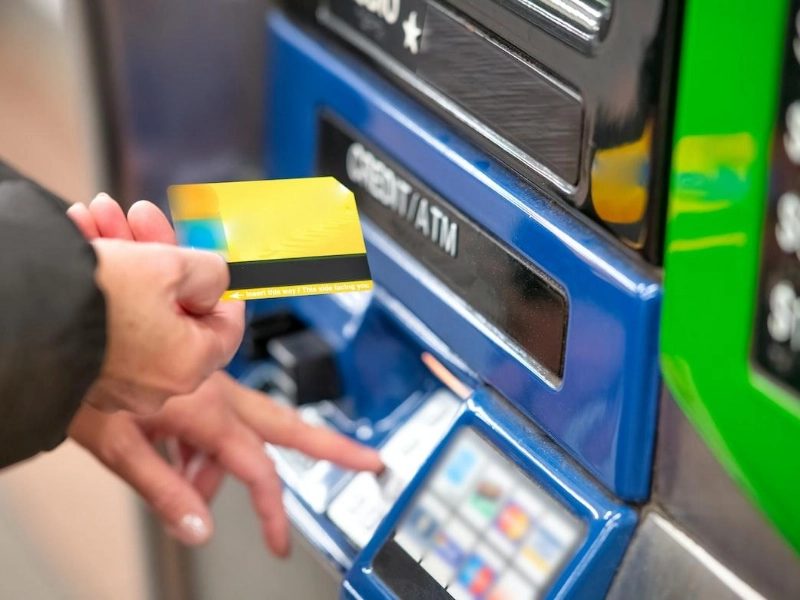Ways To Write A Bill Of Sale For A Car
It is a good idea to draw out a bill of sale whenever you sell anything to a person, including a vehicle. In most cases, the document will include:
- The buyer's and seller's identifying information.
- The date of the transfer.
- The purchase price of the vehicle.
- Any restrictions linked to the transaction.
A bill of sale is a document that documents a sale and the transfer of property from one party to another. It is typically provided by the buying party to the selling party. Although it applies to the sale of a wide range of products, the transaction of selling a car is where it is most often employed.
What Does It Mean To Have A Bill Of Sale?
Despite their widespread applicability, bills of sale are most often seen in the process of selling a car, truck, or recreational vehicle. A record of the transaction, the bill of sale also functions as an invoice and a receipt, and it includes an account of any promises or conditions linked to the sale. If you are the car's previous owner, a bill of sale may be used to demonstrate that you are no longer responsible for the vehicle if it is involved in an accident. If disagreements are brought before a judge, the bill of sale will be examined to see which provisions both parties agreed to uphold. The following states have passed laws that make the use of bills of sale mandatory:
- Alabama
- Arkansas
- Colorado
- Connecticut
- Hawaii
- Idaho
- Maine
- Nebraska
The bill of sale has to be notarized to be legitimate in some states. It is required by law in the states of Louisiana, Nebraska, Maryland, New Hampshire, West Virginia, and Montana that a notary public be present at the signing of the bill of sale by both parties. Consider drawing out a bill of sale for the transaction, even if doing so is not required by your state's laws, to provide yourself more protection.
What Should Be Comprised
If you are going to make your bill of sale, you need to make sure that it includes the following information:
- Details of the vehicle: Please provide a list of the vehicle's identifying information, including the year, the make, the model, and the color.
- Odometer reading: At the time of the sale, the odometer should be checked, and the mileage should be recorded.
- Payment details: Put in writing the amount you agreed to sell it for and how you will be paid. The purchaser will often make one payment in its entirety. If, on the other hand, you decide to pay in installments, you should detail the conditions of that arrangement.
- Terms and conditions are as follows: Make sure that the bill of sale states that the vehicle is being sold "as is," which means that you are not offering any warranty or making any promises regarding the vehicle's condition.
- Information for both buyers and sellers: On the bill of sale, there should be both parties' names as well as their addresses and contact information, including telephone numbers.
- The buyer and seller both need to sign and date the bill of sale to be valid.
In certain jurisdictions, the Department of Motor Vehicles or the Department of Highway Safety will provide you with the blank bill of sale templates that you may download and use. For instance, the states of Florida, California, and New York provide downloadable bills in PDF format.

Other Essential Forms Of Documentation
Even though the bill of sale is a valuable document, the ownership of the vehicle is not considered to have been legally transferred until the title has been handed over to the new owner. In most cases, the buyer and you can travel to the local Department of Motor Vehicles together to complete the appropriate documentation. After purchasing a vehicle, the buyer typically has between 10 and 30 days to submit an application for a title transfer, pay applicable title costs, and register the vehicle. After that, there is a chance that you may be charged a late fee.
Putting Your Car Up For Sale
If you want to sell your vehicle, you need to get a bill of sale to protect yourself and clear up any potential misconceptions with the purchaser. Even though possessing a bill of sale is not required by the laws of your state, it is still in your best interest to have one.










